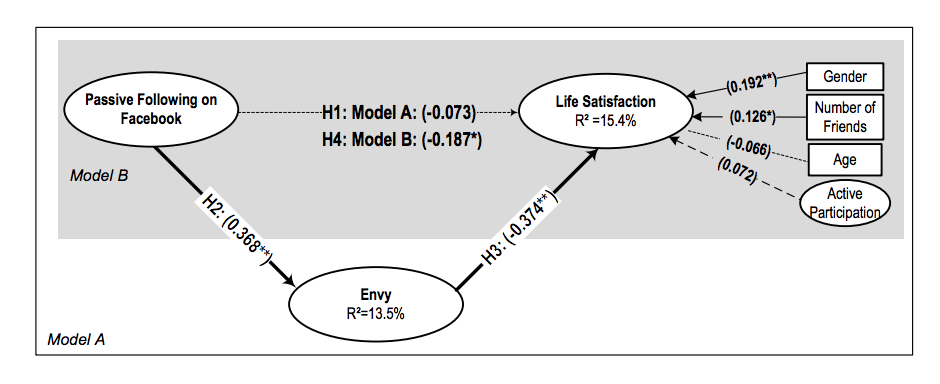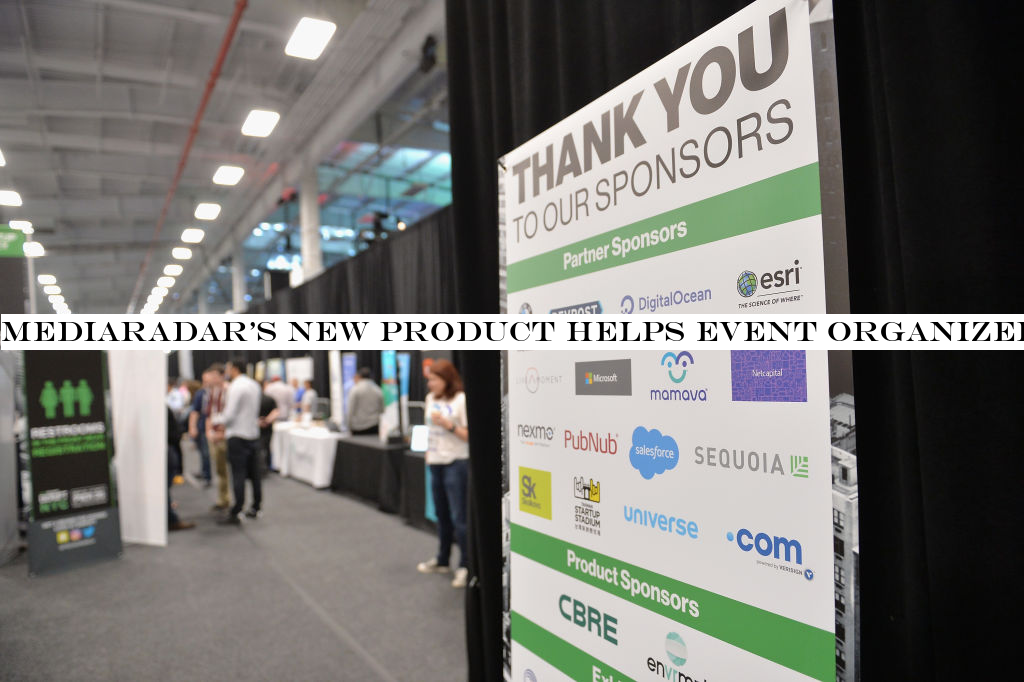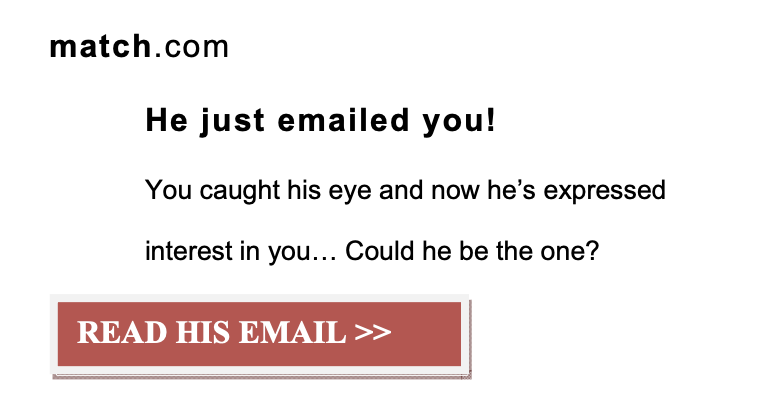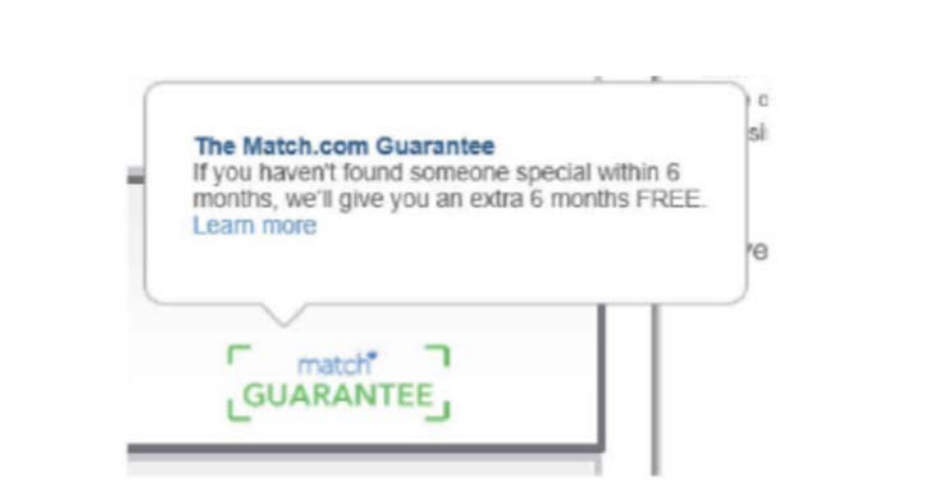Music
Trailers
DailyVideos
India
Pakistan
Afghanistan
Bangladesh
Srilanka
Nepal
Thailand
StockMarket
Business
Technology
Startup
Trending Videos
Coupons
Football
Search
Download App in Playstore
Download App
Best Collections
Technology
If their post has lots of Likes, you feel jealous. If your post doesn&t get enough Likes, you feel embarrassed. And when you just chase Likes, you distort your life seeking moments that score them, or censor it fearing you won&t look popular without them.
Thatwhy Facebook is officially starting to hide Like counts on posts, first in Australia starting tomorrow, September 27th. A postauthor can still see the count, but ithidden from everyone else who will only be able to see who but now how many people gave a thumbs-up or other reaction.

The launch of the hidden Like counts test makes available what we reported Facebook was privately prototyping earlier this month, as spotted in its Android code by reverse engineering master Jane Manchun Wong. The test will run in parallel to Instagramown hidden Like count test we also scooped that first tested in Canada in April before expanding to six more countries in July.
&We are running a limited test where like, reaction, and video view counts are made private across Facebook& a Facebook spokesperson tells me. &We will gather feedback to understand whether this change will improve peopleexperiences.& If the test improves peoplesense of well-being without tanking user engagement, it could expand to more countries or even roll out to everyone, but no further tests are currently scheduled.
Facebookgoal here is to make people comfortable expressing themselves. It wants users to focus on the quality of what they share and how it connects them with people they care about, not just the number of people who hit the thumbs-up. The tests are being conducted by the News Feed team that falls under VP Fidji Simojurisdiction over the main Facebook app. While the Instagram tests are starting to get data back, Facebook tells me itown tests are necessary since the apps are so different.

As you can see, the Like button itself remains visible to everyone. Comment counts will still be displayed, as will the most common types of reactions left on a post plus the faces and names of some people who Liked it. Technically viewers could go into the list of people who Liked a post and try to count, but the test stops Facebook from slapping people up front with insecurity.
Without a big number on friends& posts that could make users feel insignificant, or a low number on their own posts announcing their poor reception, users might feel more carefree on Facebook. The removal could also reduce herd mentality, encouraging users to decide for themselves if they enjoyed a post rather than just blindly clicking to concur with everyone else.
As I wrote about 2 years ago, a collection of studies identify the harm Facebook can do. They found that while chatting with friends and comment threads on Facebook made people feel better, passively scrolling and Liking could lead to envy spiraling and declines in perception of well-being. Users would compare their seemingly boring life to the well-Liked glamorous moments shared by friends or celebrities and conclude they were lesser.

For example, Krasanova et al discovered that 20% of the envy-inducing moments users experienced in life were on Facebook, and that &intensity of passive following is likely to reduce users& life satisfaction in the long-run, as it triggers upward social comparison and invidious emotions.&
One concern is that Facebook Pages that have large followings and often get more Likes than individual users& posts could miss out on extra engagement and reach without that herd mentality. Some Canadian influencers have complained about reduced reach since the hidden Likes test launched their on Instagram, but therebeen no conclusive data to prove that and Facebook will still use the number of Likes as part of its ranking algorithm.
If Facebook wants to build a social network people continue using for another 15 years, it has to put their well-being first — above brands, above engagement, and above ad dollars. It also needs better controls for notifications and warnings when you&ve been passively scrolling for too long. But if the Like hiding works and eventually becomes standard, it could help Facebook get back to the off-the-cuff sharing that made it a hit at colleges so long ago. No one wants to be in a life-long popularity contest.
Snapchat never had Likes. Come see my interview with Snapchat CEO Evan Spiegelat TechCrunch Disrupt SF (Oct 2nd-4th —tickets here) to learn more about how social networks are adapting to growing mental health concerns.
- Details
- Category: Technology
Read more: Facebook tries hiding Like counts to fight envy
Write comment (95 Comments)
Tesla is rolling out a new software update that adds a slew of new features to its cars. These include the new &Smart Summon& feature, which will allow cars equipped with the optional $5,000 full-self driving package to automatically drive themselves from a parking spot to collect you in a parking lot.
This is one of the most advanced semi-self-driving features that Tesla has yet released to the general public, and the company still says you should use it only in lots and when you have a clear view of your car. The company also notes that you&re ultimately responsible for the vehicle, so definitely be aware of whatgoing on with the car and its surroundings if you&re planning to use this one — and you can stop the car remotely should you feel the need to. Smart Summon has been out in a limited preview beta for some customers, but now itgoing to be rolling out to all vehicles that have purchased the FSD option.
Other new features included in this update include the much-requested native Spotify support, which is available to all Spotify Premium account-holders across all markets where itavailable. That should go a long way toward satisfying Tesla owners who have been less than satisfied with playing audio via Bluetooth from this extremely popular streaming music option. In China, Tesla is also rolling out Ximalaya, a podcast and audiobook streaming service.
Tesla Theater Mode, also new in version 10.0, connects your infotainment system to your Netflix, YouTube and Hulu/Hulu+ (including Live TV if you&re subscribed to that feature) accounts, giving you access to streaming video from all these platforms while the car is safely in park. In China, the automaker is also adding IQiyi and Tencent Video, and it says it&ll be adding more options globally &over time& to supplement these offerings. The new Theater Mode will also provide access to Tesla vehicle tutorials for owners to watch in-car (again, only while parked).
A lot of these updates focus on entertainment options, including the new &Car-aoke& mode, which, as you might have guessed, adds an in-car karaoke experience that includes a &massive& library of music and lyrics, Tesla says, with multiple languages supported. Singing along on road-trips has long gotten by with low-tech options only, but official support might encourage more amateur James Cordens.
Last but not least for new entertainment features, therethe launch of the Cuphead port on Tesla Arcade, the in-car gaming software Tesla launched earlier this year. Cuphead is a cult smash hit indie game, with an iconic art style reminiscent of early Disney animation, and this is definitely a nod to Teslacore geek audience (and probably a treat for the Musk man himself). Again, this is only available while parked, in case you were worried about distracted driving.
Tesla also added some new navigation features that suggest interesting restaurants and sightseeing opportunities along your way, which could result in some more interesting spontaneous adventures. Therealso a new file system tweak that separates videos captured by the carcamera when in Dashcam and Sentry Mode to make it easier for users to find them, and they&ll be auto-deleted when therea need to free up storage.
This is a big ol& update packed with new features, and itgoing to be rolling out over-the-air to vehicles beginning this week. As mentioned a couple of places above, you might see some slight differences region to region, but Tesla says you can also check out the updates in-store at its showrooms if you want a sneak preview.
- Details
- Category: Technology

MediaRadar CEO Todd Krizelman describes his company as having &a very specific objective, which is to help media salespeople sell more advertising& by providing them with crucial data. And with todaylaunch of MediaRadar Events, Krizelman hopes to do something similar for event organizers.
These customer groups might actually be one and the same, as plenty of companies (including TechCrunch) see both advertising and events as part of their business. In fact, Krizelman said customer demand &basically pushed us into this business.
He also suggested that after years of seeing traditional ad dollars shifting into digital, &the money is now moving out of digital into events.&
If you&re organizing a trade show, you can use MediaRadar Events to learn about the overall size of the market, and then see whobeen purchasing sponsorships and exhibitor booths at similar events.
The product doesn&t just tell you who to reach out to, but how much these companies have paid for booths and sponsorships in the past, whether there are seasonal patterns in their conference spending and how that spending fits into their overall marketing budget — after all, Krizelman said, &In 2019, very few companies are siloed by media format as a buyer or a seller. Anyone doing that is putting their business at risk.&
He also described collecting the data needed to power MediaRadar Events as &much more complicated than we expected,& which is why it took the team two years to build the product. He said that data comes from three sources — some of it is posted publicly by event organizers, some is shared directly by the event organizers with MediaRadar and, in some cases, members of the MediaRadar team will attend the events themselves.
MediaRadar Events support a wide range of events, although Krizelman acknowledged that it doesn&t have data for every industry. For example, he suggested that a convention for coin-operated laundromat owners might be &too niche& (though he hastened to add that he meant no offense to the laundromat business).
In a statement, James Ogle — chief financial officer at Access Intelligence (which owns the LeadsCon conference and publications like AdExchanger) — said:
Hosting events and the resulting revenue that comes from them is a big part of our business. However, the event space is getting more and more crowded and also more niche. Relevancy equals value, so we want to make sure our attendees are within the right target market for our exhibitors. MediaRadar provides critical transparency into the marketplace.
- Details
- Category: Technology
Read more: MediaRadar’s new product helps event organizers maximize sales
Write comment (91 Comments)They&re just not that into you. Or maybe it was a bot? The U.S. Federal Trade Commission on Wednesday announced it has sued Match Group, the owner of just about all the dating apps — including Match, Tinder, OkCupid, Hinge, PlentyofFish and others — for fraudulent business practices. According to the FTC, Match tricked hundreds of thousands of consumers into buying subscriptions, exposed customers to the risk of fraud and engaged in other deceptive and unfair practices.
The suit focuses only on Match.com and boils down to this: Match.com didn&t just turn a blind eye to its massive bot and scammer problem, the FTC claims. It knowingly profited from it. And it made deceiving users a core part of its business practices.
The charges against Match are fairly significant.
The FTC says that most consumers aren&t aware that 25 to 30% of Match registrations per day come from scammers. This includes romance scams, phishing scams, fraudulent advertising and extortion scams. During some months from 2013 to 2016, more than half the communications taking place on Match were from accounts the company identified as fraudulent.
Bots and scammers, of course, are a problem all over the web. The difference is that, in Matchcase, it indirectly profited from this, at consumers& expense, the suit claims.
The dating app sent out marketing emails (i.e. the &You caught his eye& notices) to potential subscribers about new messages in the appinbox. However, it did so after it had already flagged the messagesender as a suspected bot or scammer.

&We believe that Match.com conned people into paying for subscriptions via messages the company knew were from scammers,& said Andrew Smith, director of the FTCBureau of Consumer Protection. &Online dating services obviously shouldn&t be using romance scammers as a way to fatten their bottom line.&
From June 2016 to May 2018, Matchown analysis found 499,691 consumers signed up for subscriptions within 24 hours of receiving an email touting the fraudulent communication, the FTC said. Some of these consumers joined Match only to find the message that brought them there was a scam. Others joined after Match deleted the scammers& account, following its fraud review process. That left them to find the account that messaged them was now &unavailable.&
In all cases, the victims were now stuck with a subscription — and a hassle when they tried to cancel.
Because of Matchallegedly &deceptive advertising, billing, and cancellation practices,& consumers would often try to reverse their charges through their bank. Match would then ban the users from the app.
Related to this, Match is also in violation of the &Restore Online Shoppers& Confidence Act& (ROSCA) by failing to provide a simple way for customers to stop the recurring charges, the FTC says. In 2015, one Match internal document showed how it took more than six clicks to cancel a subscription, and often led consumers to thinking they canceled when they did not.

And the suit alleges Match tricked people into free, six-month subscriptions by promising they wouldn&t have to pay if they didn&t meet someone. It didn&t, however, adequately disclose that there were other, specific steps that had to be taken, involving how they had to use their subscription or redeem their free months.

Match, naturally, disputes the matter. It claims that it is, in fact, fighting fraud and that it handles 85% of potentially improper accounts in the first four hours, often before they become active. And it handles 96% of those fraudulent accounts within a day.
&For nearly 25 years Match has been focused on helping people find love, and fighting the criminals that try to take advantage of users. We&ve developed industry-leading tools and A.I. that block 96% of bots and fake accounts from our site within a day and are relentless in our pursuit to rid our site of these malicious accounts,& Match stated, in response to the news. &The FTC has misrepresented internal emails and relied on cherry-picked data to make outrageous claims and we intend to vigorously defend ourselves against these claims in court.&
The Match Group, as you may know, loves to have its day in court.
The FTClawsuit isn&t the only one facing Matchparent company because it doesn&t (allegedly) play fair.
A group of former Tinder execs are currently suing Match and its controlling shareholder IAC regarding what they say was manipulation of financial data to strip them of their stock options. The suit today continues, even though some plaintiffs said they had to drop out because Match snuck an arbitration clause into its employees& recent compliance acknowledgments.
Now those former plaintiffs are acting as witnesses, and Match is trying to argue that the litigation funding agreement overcompensates them for their testimony in violation of the law. The judge was concerned that motion was a &smoke screen& and an attempt to &litigate [the plaintiffs] to death until they settle.& (Another hearing may be held to resolve this point; or the agreement may be revised.)
The Match Group also got into it with Tinderrival Bumble, which it failed to acquire twice. It filed a lawsuit over infringed patents, which Bumble said was meant to bring down its valuation. Bumble then filed and later dropped its own $400 million suit over Match fraudulently obtaining Bumbletrade secrets.
In the latest lawsuit, the FTC is asking Match to pay back the &ill-gotten& money and wants to impose civil penalties and other relief. While the financial impacts may not be enough to take down a company with the resources of Match, the headlines from the trial could bring about an increase in negative consumer sentiment over Match and online dating in general. Ita business thatbecome commonplace and normalized in society, but also has a reputation of being a little scammy at times, too. This suit won&t help.
And given that Match Group operates a majority of the U.S.top dating apps, that could have a larger, trickle-down effect on its broader business.
The FTC suit is available below.
- Details
- Category: Technology
Read more: Dating app maker Match sued by FTC for fraud
Write comment (92 Comments)
Applenew premium subscription TV service is launching on November 1, and therea new trailer for one of its original shows, the Ronald D. Moore project &For All Mankind.&
The series is a fictional period piece set in the late &60s/early &70s that follows an alternate timeline in which Soviet Russia, not the U.S., is the first to land a man on the Moon. It seems like there will be a lot of fallout as a result of the U.S. losing this key battle in the space race, but the biggest divergence from our actual history might be that the Americans seem to go all-in on an astronaut qualification and training program for women much earlier than they did in real life.
Watching this, which is more focused on the various cast members than previous trailers for this show (which set up the premise), I get strong &The Calculating Stars& and the entire &Lady Astronaut& novel series vibes, which are great books by Mary Robinette Kowal if you&re looking for alternative history with a space bent right now (and don&t want to wait for Apple$5 per month service to launch).
That said, I&m definitely still very interested in checking this out when it is available, and it doesn&t hurt that itfrom the same creator who brought us the early 2000s& &Battlestar Galactica& reboot and &Outlander,& my favorite time-traveling British history romp.
- Details
- Category: Technology

After passively watching for many years as tech giants developed dominant market positions that threaten consumer privacy and stifle competition, American antitrust regulators seem to have finally grasped whathappening and decided to take action.
This increasing scrutiny, which tacitly acknowledges that Europemore proactive regulators were perhaps right all along, is helping unleash a wave of tech startups at the expense of big tech. By holding industry titans accountable over the privacy and use of our data, regulators are encouraging long overdue disruption of everything from back-end infrastructure to consumer services.
Over the past decade, Facebook, Google, Amazon and others have tightened their grip on their respective domains by buying up hundreds of smaller rivals, with little U.S. government opposition. But as their dominance has grown, and as egregious privacy violations and mishaps proliferate, regulators can no longer look the other way.
In recent months, American regulators have announced a flurry of new antitrust investigations into big technology companies. The Federal Trade Commission has voted to fine Facebook $5 billion for misusing consumer data, the U.S. House Judiciary Committee is probing the tech industry for antitrust violations and 50 attorneys general announced an antitrust probe into Google. U.S. officials are even considering establishing a digital watchdog agency.
Ithard to understand why it took so long, though perhaps U.S. officials were loath to target domestic companies that were driving huge economic growth and creating millions of new jobs. In contrast, their counterparts across the pond have been on an antitrust tear under the watch of European Union antitrust commissioner (and now also EVP of digital affairs) Margrethe Vestager.
Now that regulators from both Europe and the United States are pursuing antitrust probes, they have exposed areas where startups can innovate.
Startups take on big tech
- Details
- Category: Technology
Read more: Europe shows the way in online privacy
Write comment (94 Comments)Page 780 of 5614

 20
20





